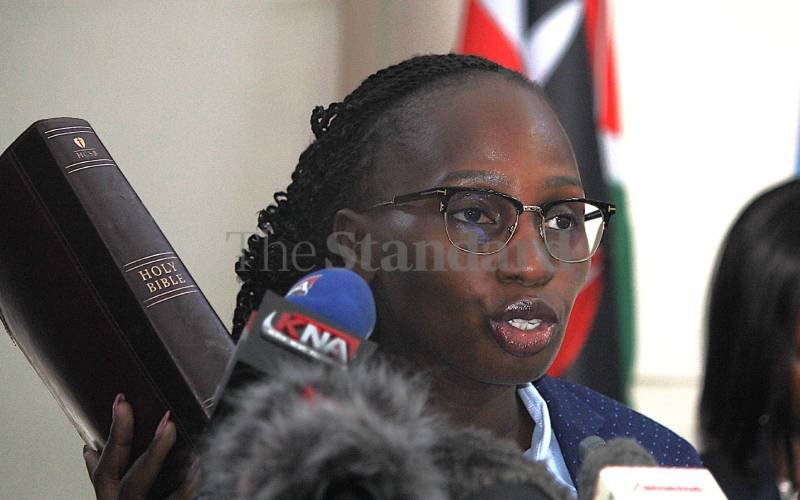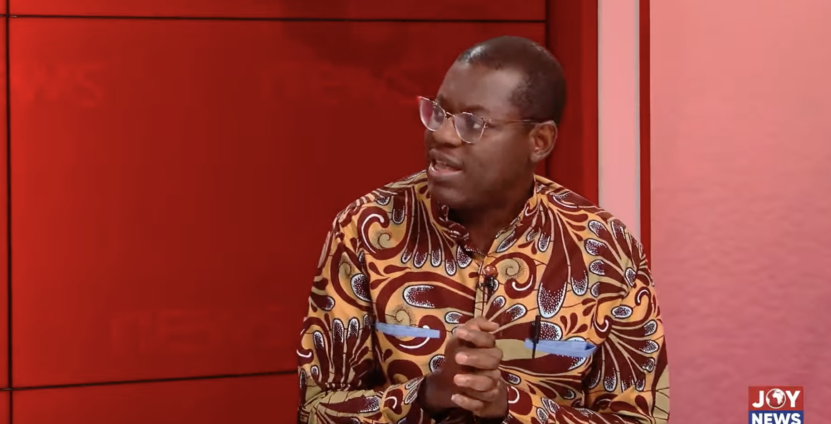Willah Mudolo's Presidential Bid Ignites Controversy Amidst Allegations and Public Scrutiny

Zambian politics is witnessing a significant shift with the emergence of State Counsel John Sangwa and businessman Willah Mudolo as compelling presidential candidates, generating an unprecedented level of public interest. Their entry has sparked conviction among many politically active citizens that serious challengers to dislodge President Hichilema from power in 2026 may finally be at hand. Unlike other opposition figures who have struggled to galvanize support, Sangwa and Mudolo have swiftly altered the political complexion, evident in the strong reactions from the ruling UPND party, which has reportedly been rattled by their candidacies.
Willah Mudolo, a figure with a deep understanding of financial and economic matters, has articulated innovative alternative solutions for financing government expenditure and tackling Zambia's energy crisis. In an interview, Mudolo outlined his vision to avoid reliance on IMF loans, proposing instead the leveraging of locally available resources, particularly through agricultural mechanization and empowering small-scale farmers for increased production and export. He also detailed a mining policy aimed at incorporating small-scale, often termed 'illegal,' miners into the formal system by establishing a Gold Refinery in Zambia to purchase commodities directly from them. Mudolo further spoke of integrating the over 5 million unbanked population, largely traders, into the financial system to enable them to contribute to taxes and achieve self-sufficiency. His audacious plan to utilize Thorium, a naturally occurring radioactive chemical, to generate over 5000 megawatts of electricity promises to permanently eliminate load shedding in Zambia.
Mudolo’s initial public appearance saw a hesitant start, marked by cautious tones and circling sentences. However, around the fifteen-minute mark, his demeanor shifted, and he began to speak with clarity and depth. He shared his personal journey, from a childhood split between the Copperbelt and Sami Village, selling small goods to fund his education, to his rise in corporate finance and international trade. This personal narrative served as a bridge to his policy proposals, emphasizing that future leaders must comprehend both village poverty and global economics. He dismissed austerity measures as 'a foreign prescription for a local disease,' advocating for 'asset-based financing' to leverage Zambia's rich mineral, agricultural, and manufacturing potential for patient capital. He cited a past proposal he designed that could have unlocked fifteen billion dollars through off-take anchored mining finance, enabling the country to fund power and infrastructure without increasing external debt. On energy, he blamed poor planning for load-shedding, proposing decentralized generation across provinces and linking it to the growth of industrial hubs from farming regions. Mudolo also maintained a composed stance on the Shepherd Bushiri saga, affirming it was a business matter and not a criminal conviction, before refocusing on the economy. Politically, he called for opposition unity and civility, praised the late President Edgar Chagwa Lungu, and urged empathy, reminding current leaders of the transient nature of power.
State Counsel John Sangwa, known for his principled stance, demonstrates a profound understanding of governance, the rule of law, and constitutionalism. In public discussions, he meticulously traced Zambia's post-independence challenges since 1964 to a consistent failure by successive leaders to adhere to these foundational principles, despite the nation's abundant resources and potential. He strongly argues against unnecessary constitutional amendments, such as creating more parliamentary seats, which would further strain public finances already burdened by the Constituency Development Fund (CDF). Sangwa contends that existing laws are sufficient for an honest and incorruptible President to eradicate corruption, beginning with transparent asset declarations and diligent oversight of appointees. Furthermore, he mirrors Mudolo's sentiment regarding IMF loans, deeming it irresponsible for the current government to boast about borrowing when substantial resources could be generated through honest tax collection from mines, rather than granting tax breaks often linked to campaign funding. He vehemently denounces obtaining campaign funds from external forces, preferring Zambian contributions of K100 to avoid foreign dictates on national policy. Sangwa's consistent record of standing up against perceived constitutional breaches under various administrations, including those of Chiluba, Mwanawasa, Rupiah Banda, Michael Sata, Edgar Lungu, and Hakainde Hichilema, underscores his reputation as a morally upright and credible voice in the presidential race.
Adding a layer of controversy, former Patriotic Front (PF) Deputy Secretary General Mumbi Phiri emphatically denied receiving US$20,000 from Willah Mudolo during a podcast featuring him as a guest. Phiri's denial, made while she allegedly misrepresented her location as Chongwe, Zambia, instead of South Africa where she had reportedly met Mudolo, has been disputed by sources close to the PF's internal power struggles. These sources insist the transaction, allegedly for party mobilization, did occur. Mudolo, however, maintained a measured response, stating that he does not publicize his financial assistance to others, emphasizing his support to various party individuals stems from goodwill. This episode highlights deeper issues of transparency and accountability within opposition circles as the former ruling party navigates its leadership and strategic direction, further fueling internal debate and exposing existing divisions. The distinct platforms and significant public appeal of both Sangwa and Mudolo present a compelling choice for Zambians.
You may also like...
LeBron's Injury Rocks Lakers: Betting Markets in Turmoil!

The sports betting world is highly reactive to real-time sports news, with major events like LeBron James' injury, unexp...
Super Eagles Stunned: PSG Star Out of WAFCON Qualifier!

Nigeria's Super Falcons will face Benin Republic in their 2026 WAFCON qualifiers without star midfielder Jennifer Echegi...
Netflix Secures Rights to Iconic 'Catan,' Plans Movies and TV Series!

Netflix has acquired the global rights to the popular board game "Catan," planning a comprehensive slate of projects inc...
Prime Video's 'Harlan Coben's Lazarus' Unveils Sneak Peek and Thrilling Review!

Sam Claflin and Bill Nighy star in <em>Lazarus</em>, a new original horror thriller from Harlan Coben and Danny Brockleh...
Africa's Pulse: Essential Music News & Trends for October 21st

previewed for public order into question.
Chrisley Family Turmoil: Lindsie Chrisley Finally Addresses Bitter Family Feud

Lindsie Landsman, Todd Chrisley’s eldest daughter, is breaking her silence regarding her family and the Lifetime documen...
Shocking Exposé: Prince Andrew's Private Life Reveals Disturbing Staff Treatment and Pranks

Prince Andrew has relinquished royal titles amid renewed scrutiny over sexual assault allegations from Virginia Giuffre,...
Tragedy Strikes: Zimbabwe Bus Accident Claims 44 Lives, Nations Unite on Repatriation

A tragic bus accident near Louis Trichardt, Limpopo, has resulted in 44 fatalities. The governments of Zimbabwe and Mala...




